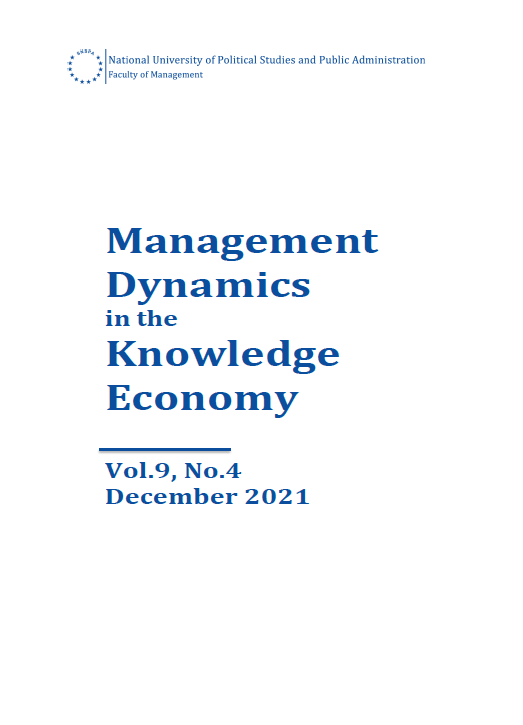Exploring Strategies for Developing Entrepreneurial Behavior of Students in Romanian Universities
Exploring Strategies for Developing Entrepreneurial Behavior of Students in Romanian Universities
Author(s): Ruxandra Bejinaru, Gabriela PrelipceanSubject(s): Social Sciences, Economy, Evaluation research, Economic development
Published by: Facultatea de Management – Scoala Nationala de Studii Politice si Administrative (SNSPA)
Keywords: entrepreneurial university; entrepreneurial behavior; third mission; technology transfer; innovation; entrepreneurial ecosystem; student start-ups;
Summary/Abstract: Throughout this research paper we want to emphasize the correlations of theory and practice regarding the topic of the entrepreneurial university. The research combines a two-level approach by correlating both a qualitative-bibliometric analysis and a quantitative exploratory analysis. To identify the theoretical descriptors of the “entrepreneurial university” concept we performed a cluster analysis by using VOSviewer software selecting the published articles in the Scopus database since its beginning. The relevance of this analysis consists in the opportunity of extracting the most relevant information on the analyzed topic according to several criteria such as keywords, co-occurrence, co-citation, or publication topics by year. From this perspective the pieces of evidence are meaningful and we shall present them within the sections of the paper. On the other hand, for obtaining a practice grounded perspective, we applied 350 questionnaires to a target group involved in a university grant for young entrepreneurs. The purpose of the survey was to determine a series of characteristics and patterns of behavior of respondents related to their entrepreneurial orientation. The questionnaire contained a large number of variables for each individual to identify his/her distinct options and thus to draw the big picture. The variables were grouped into 6 dimensions which we identified as a priority for the entrepreneurial orientation framework: personal traits, motivation, attitude, framework conditions, and skills and knowledge. We statistically processed the survey data to identify the most meaningful correlations and interdependencies between the variables. The results of both research protocols are correlated and argued within the final section of the paper followed by conclusions and further research tracks.
Journal: Management Dynamics in the Knowledge Economy
- Issue Year: 9/2021
- Issue No: 4
- Page Range: 460-475
- Page Count: 16
- Language: English

